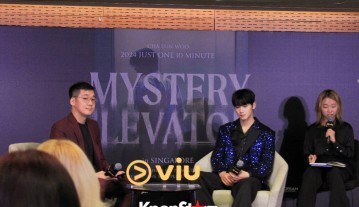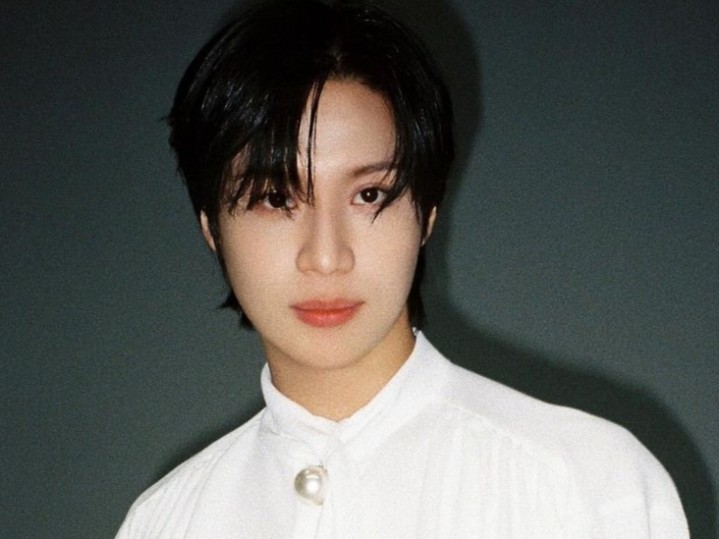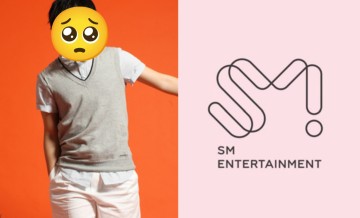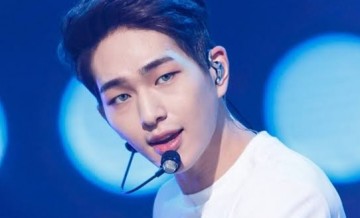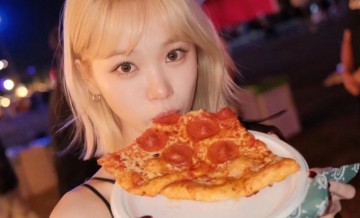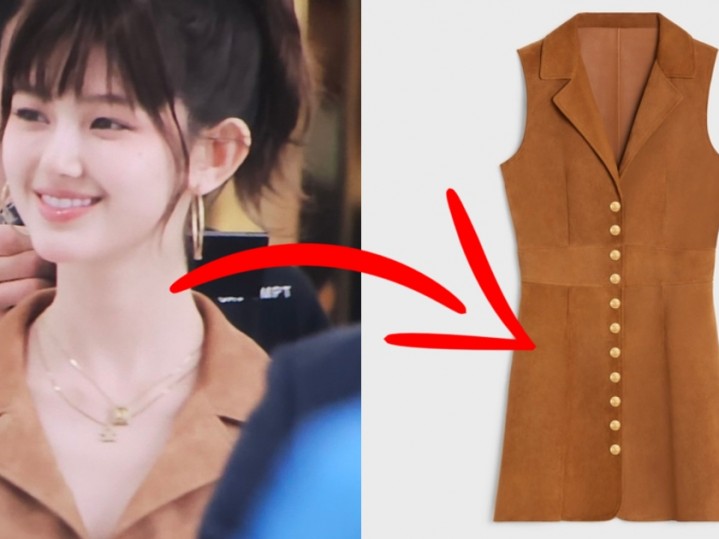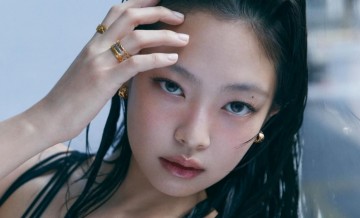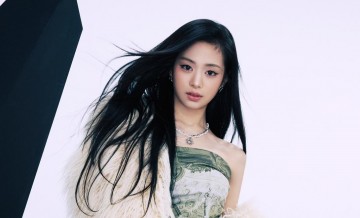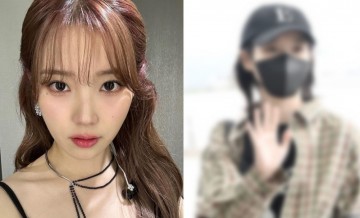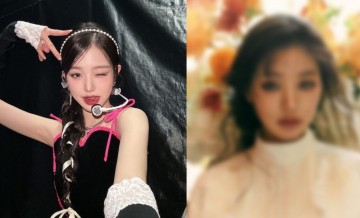K-pop Audition Programs Give International Appeal And Uniqueness
Audition Shows Create New K-Pop Sensations, International Recognition For Korean Music
Lee Hi, Akdong Musician, Busker Busker, Huh Gak... and the list goes on - audition show contestants who have become all the rage in the K-Pop scene as of late. Their unique musical styles made them stand out against their competitors, and it may just be thing quality that is bringing them so much fame and recognition in the industry now.
The artists who choose to appear on reality singing competition shows, like their idol counterparts, have been preparing for years - taking music lessons and practicing non-stop - but their looks and styles are wildly different, and until recently were relatively ignored by the industry.
However, as audition shows gain more popularity and feature stronger and more diverse musicians, the music world has taken notice. In the past several months the music charts have been flooded with these quirky rookies and their original songs, making them a force to be reckoned with in the Korean music industry.
Psy is a great example the growing K-Pop industry is expanding away from the traditional idol group image. His silly, yet incredibly catchy, "Gangnam Style" thrust Korean music into the international spotlight despite the rapper's placement outside the normally polished image of the industry's idols.
And while it is true Psy never appeared as a contestant on a reality singing show, his label-mate Lee Hi did, and she too, is taking the music world by storm.
Lee Hi rose to fame in Korea when she was a contender on SBS's K-Pop Star, but she was introduced to the world when she sang alongside Psy at his 'Happening' concert last month. The show was broadcast via YouTube to more than 120,000 fans around the world.
Lee Hi has released her first album and has had three of her singles reach the number one spot on just about every K-Pop music chart. She also held her first solo concert, a free event, in Seoul this past weekend and received pleasant reviews.
But the 16-year-old singer is quite different from her contemporaries. Her soulful jazzy voice, for one sets her apart - but aside from that she has her own look very different from the midriff-bearing, short skirt-wearing girl groups like Girls' Generation or 4Minute.
"I cannot beat them with looks, so I figured, I need to focus on singing well," said Lee Hi in an interview after her onstage performance with Psy. "That's what I'm good at and like the most."
And Lee Hi is not alone. More and more the industry seems to be moving away from the skinny, pale-skinned, double eyelid looks of the doll-like girl groups or the shirtless, ab-bearing, sleek styles of boy band idols in favor of genuine musical talent.
Not that the idol groups should be discredited. As a result of their immense international popularity, overseas music sales have surged in the past few years. According to a paper published by the Korean Creative Content Agency last year, in 2011 the Korean music industry saw a 135 percent rise in international sales to a staggering $196 million. That number is especially impressive when one takes into consideration that in 2006 international sales only equaled $16.7 million.
And now that the foundation has been laid, there is a pretty amazing starting point for these new, unique audition show alums to show the world that K-Pop is not all just precise choreography, matching outfits, and autotune.
Music industry analysts say that the current rise of audition program stars may be critical in the overseas expansion of K-Pop. They credit the musicians with having unrivaled talent and a passion for music that is harder to find among the big label idol groups.
"Such audition programs can contribute to species diversity of Korean pop music," said Korea National University of Arts professor Lee Dongyeon.
This idea was seconded by cultural critic Bae Kook-nam who insisted the reality shows provide a fair platform for talent to enter the industry. He also expressed that what K-Pop needs now is improved content and diversification.
"Quality content is best achieved through diversifying musical genres and performance. Healthy indie music, for example, can imbue a new strength into the mainstream music," said Bae. "K-Pop has to prove that it has more than idols."
And the singing competition shows are giving us just that. Busker Busker and Akdong Musician have had incredible response from fans and their positions on the charts in the past few months reflect that.
And even before Lee Hi there were other contestants who gave audiences a taste of something new, be it their appearances or vocal talent (or both), such as Jang Jae-in who finished third on the second season of SuperstarK, or R&B balladeer Huh Gak who went on to win that season.
As K-Pop continues to gain fans around the globe, the need to create new, creative content and produce uniquely talented individuals becomes more and more important. And, at least for the time being, these singing competition reality shows seem to be the way for new singers to get their foot in the door.
